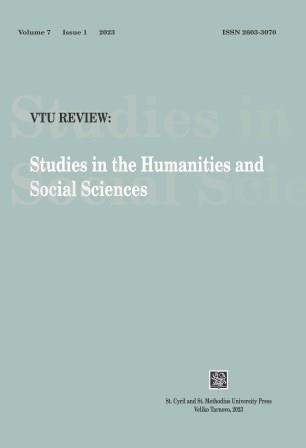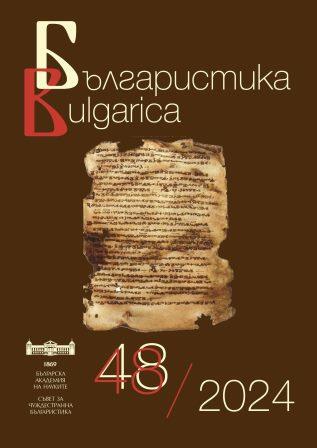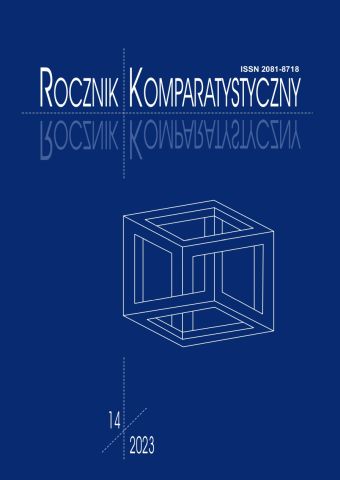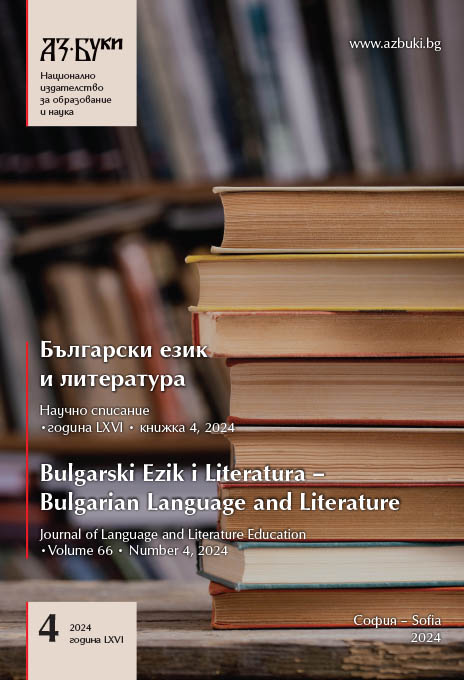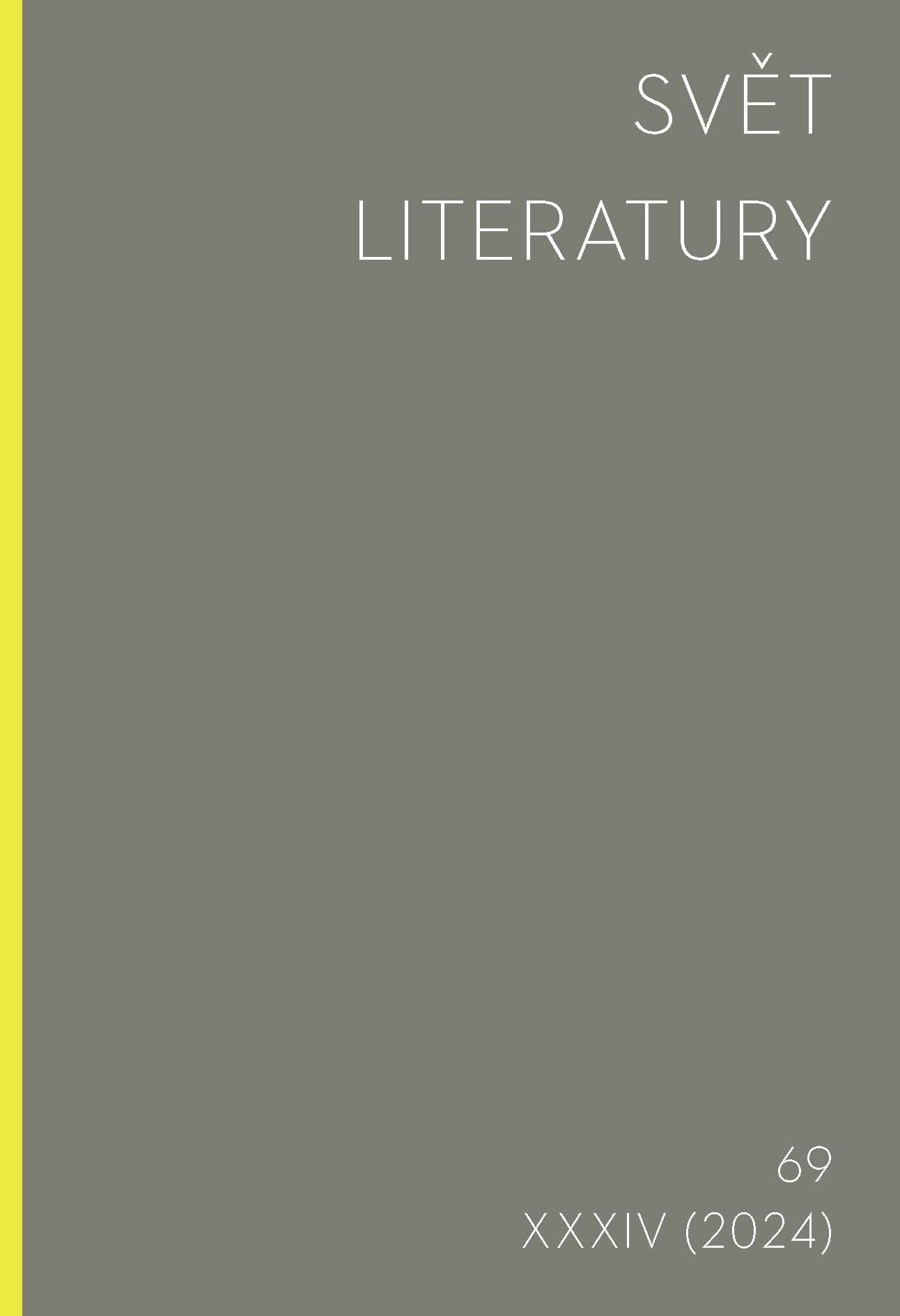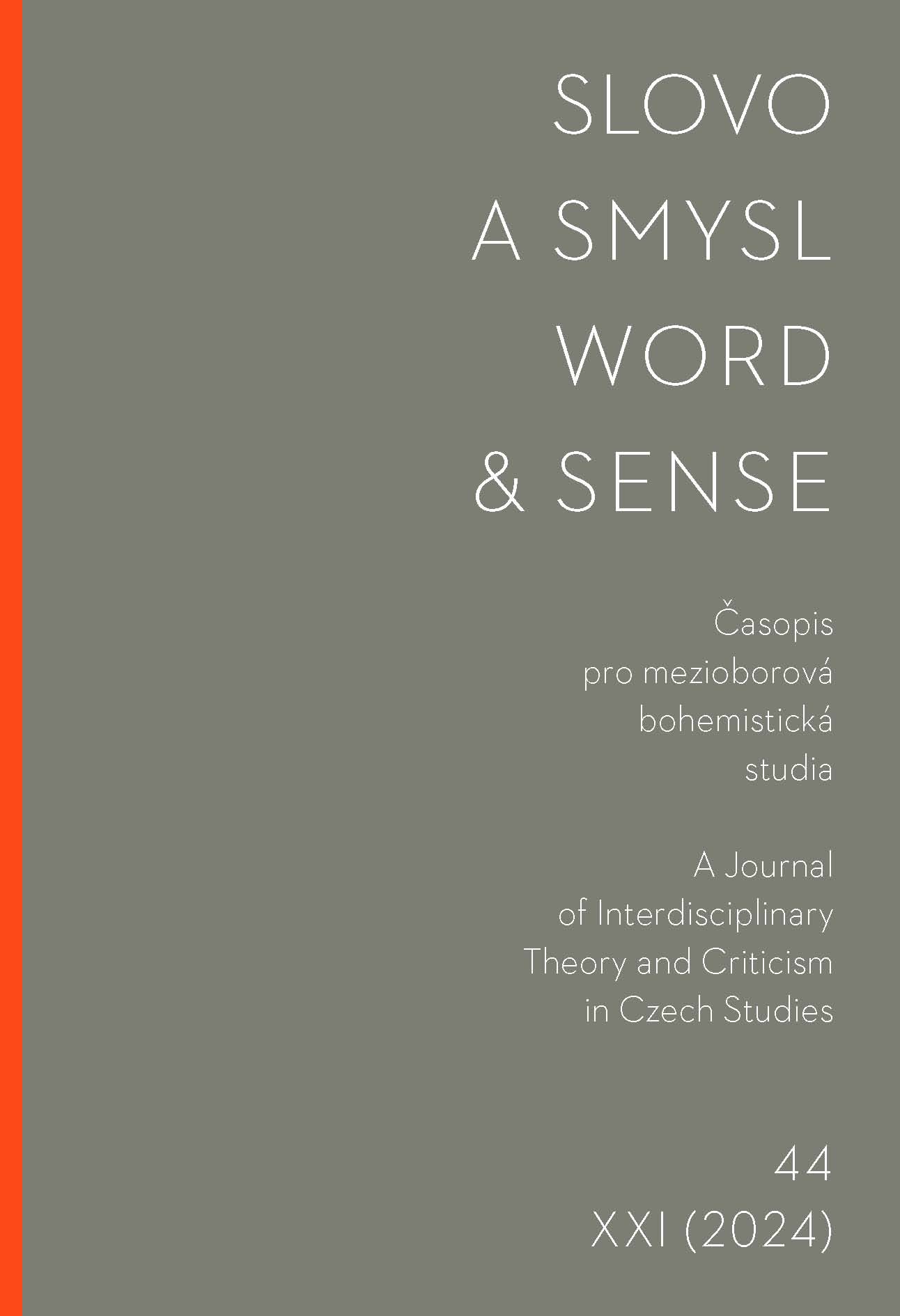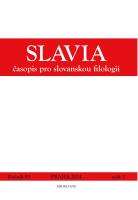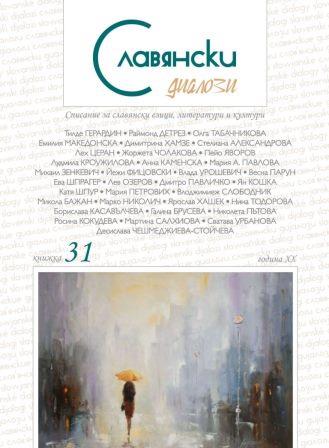Czytelnicy i społeczne obiegi książek
The article contains analyses of the reading expectations and reading tastes as well as the thematic and genre structure of Poles’ declared reading choices. It presents the most important trends in reading activity and book reading choices with the widest reading circulation and socio‑demographic determinants of Poles’ reading preferences. The article uses the analysis of the results of the annual nationwide survey of the readership of books among Poles over the age of 15 carried out by the National Library, especially two surveys from 2021 and 2022.
More...
